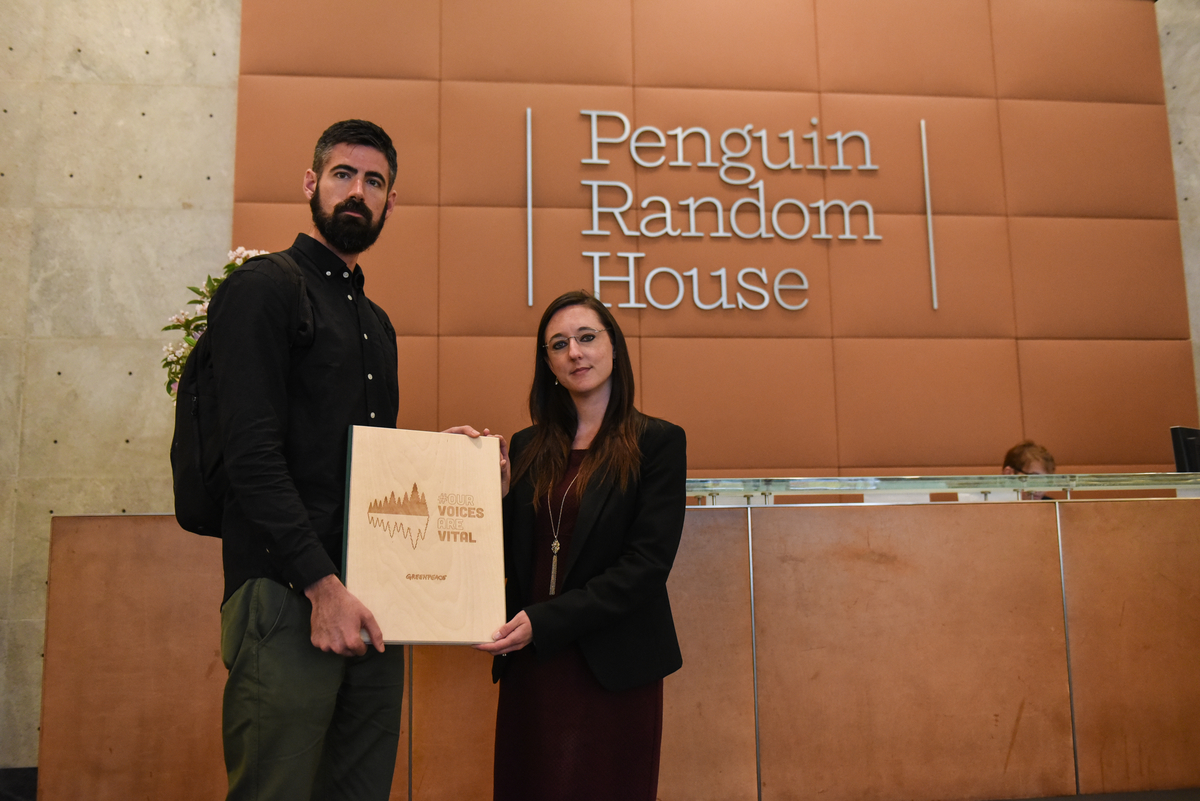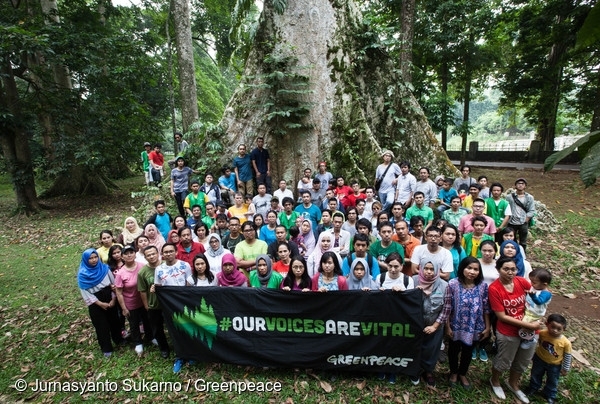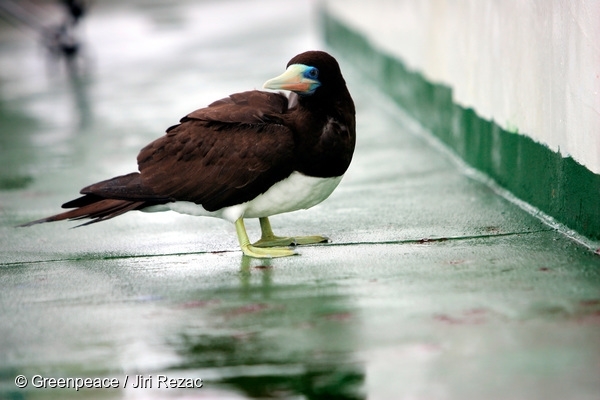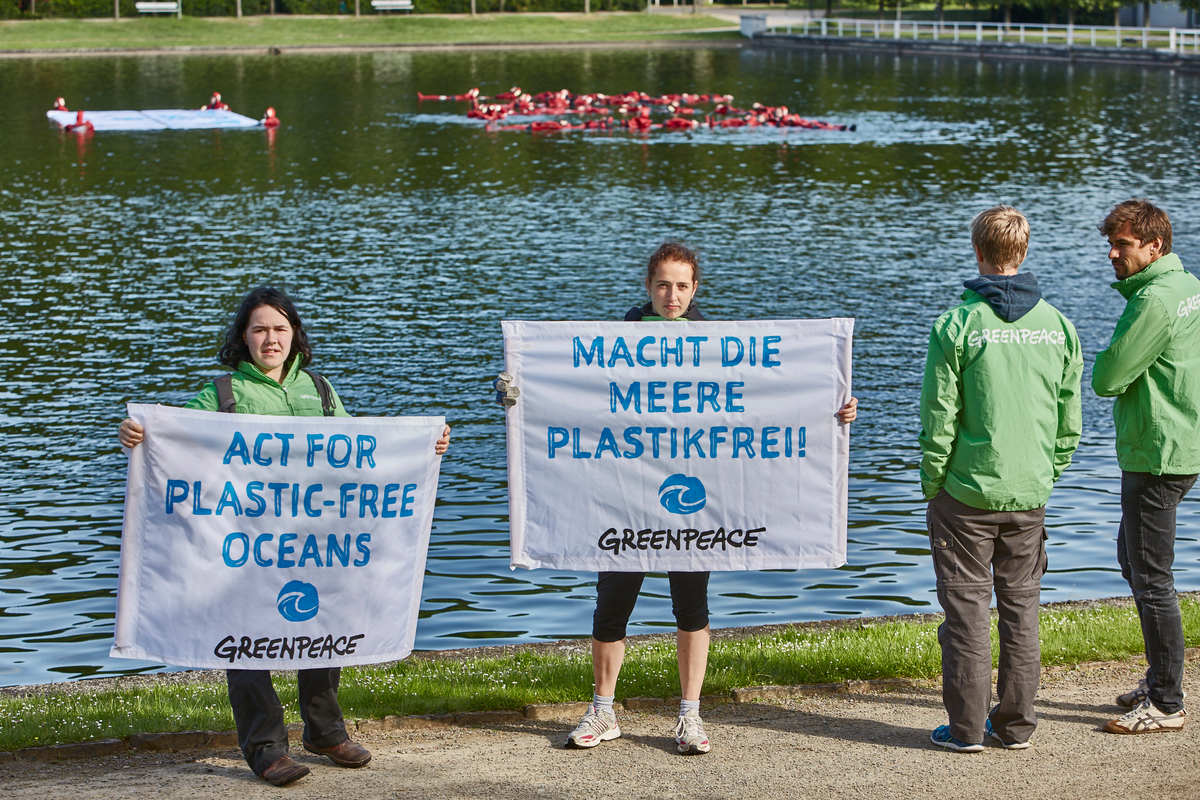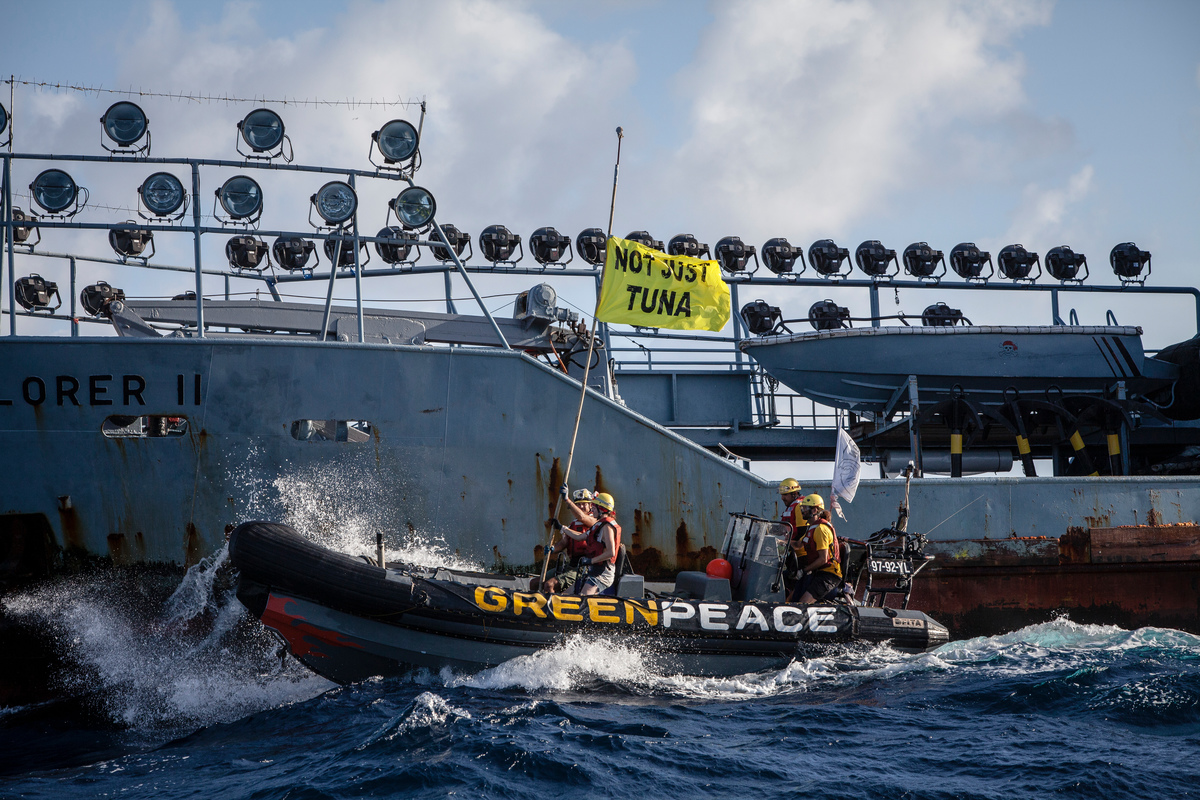Filtered results
-
Annual report 2016
Our planet and people are more interconnected than any world-wide-web we could create. What impacts one part, affects another and environmental protection is inextricably linked with social justice.
-
Clearcutting Free Speech
Canada’s Great Northern Forest is an ancient forest, shaped by forces of nature and stewarded by Indigenous Peoples since time immemorial. Also known as Canada’s boreal forest, it has some of the last large expanses of undisturbed natural forest, is home to threatened species, and is one of the world’s largest terrestrial stores of carbon.…



